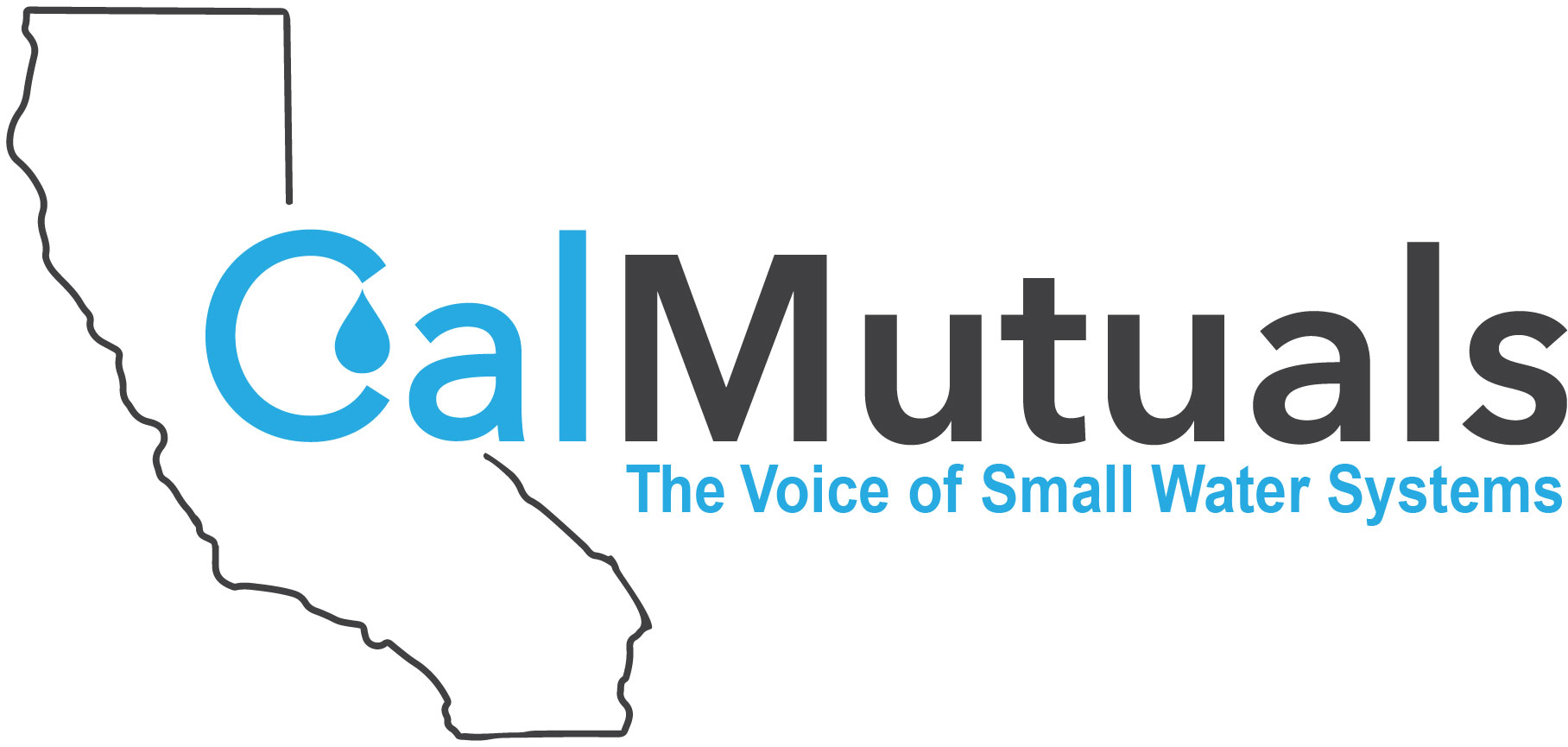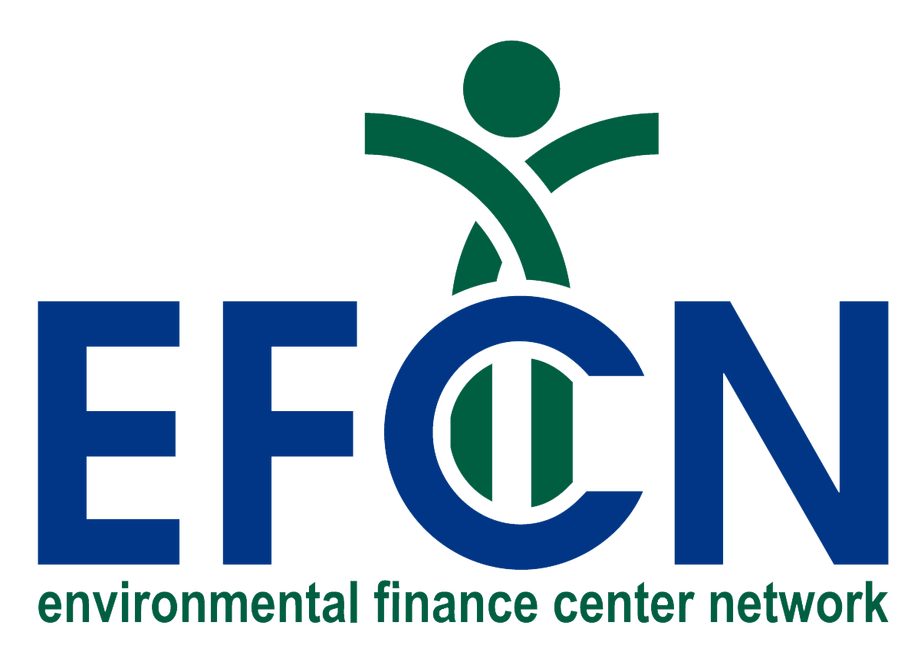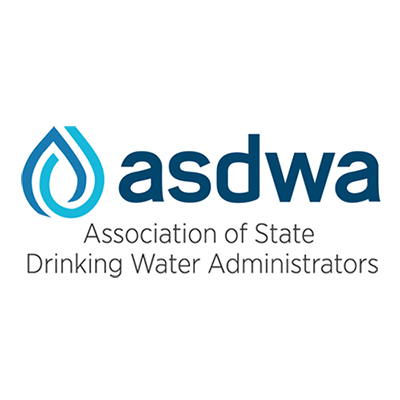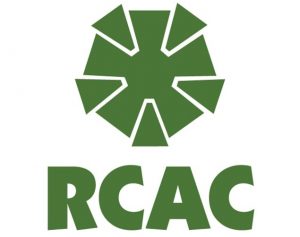EFCN – Operator Certification: Chlorine Dosage, Disinfection Math, and Breakpoint Chlorination
Webinar OnlyJoin EFCN for this webinar series designed to help small wastewater system operators pass their certification exams. The series starts with a 1-hour overview of study tips and test preparation techniques. Each subsequent 1-hour webinar will focus on a single topic typically found in Level 1 and Level 2 exams including, but not limited to: Collection Systems, Treatment Overviews, Disinfection and Solids Handling Basics, NPDES Regulations, Wastewater Math, Safety, Sampling and Reporting and other general wastewater topics. Each session will include sample questions and a short Q and A period. While this series is primarily focused on helping new operators achieve their Level 1 and 2 certifications, currently certified operators looking to pass higher level tests can also benefit from attendance as higher-level certification tests are cumulative and typically cover basic as well as advanced treatment topics. Session 8: This session will focus on the math and concepts needed to understand proper chlorine dosing, other math concepts utilized in disinfection processes, and the concept of breakpoint chlorination. We will discuss the equations needed to calculate chlorine concentration, dosage, demand, and residual, and how to use them. We will address the type of equations that operators need to understand other disinfection processes, […]



